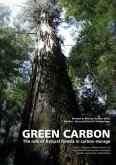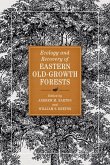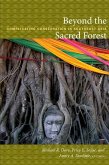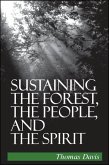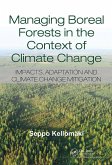It's easy to be gloomy about the future prospects for the tropical jungles of Southeast Asia. This book takes a constructive look at jungle conservation, arguing that implementing economic measures that value jungle trees is the way to sustain them and their biological values. The central thesis of the book is the need to inject a dose of economic realism into a subject that has been long on superlatives and emotion, but short on commercial reality. The book sets out an argument for the management of tropical jungles founded on an economic case that in part lies in the increasing prospects of sustainable, legally verified wood production and climate change abatement carbon credit trading. It also advocates that making trees too valuable to destroy is a critical piece of the jungle survival puzzle. It advances an argument for developing economic incentives to retain healthy, functioning, viable jungle ecosystems across Southeast Asia. Such a prescription will help to create a set of circumstances where tropical jungles are seen as economic assets, not liabilities, and where governments, corporations and local communities have a vested interest in keeping trees standing. This is author John Halkett's fifth tree related book. He runs a forest consultancy business in Sydney, Australia and has expertise in temperate and tropical forest management and forest based industries. John also serves on the Board of the Global Timber Forum. He has held senior positions in government forest and conservation agencies in Australia and New Zealand. John has also worked in the United States, Canada, Papua New Guinea, across Southeast Asia, Myanmar, China and Africa. In addition to his books he has written numerous scientific papers and writes for trade publications.
Hinweis: Dieser Artikel kann nur an eine deutsche Lieferadresse ausgeliefert werden.
Hinweis: Dieser Artikel kann nur an eine deutsche Lieferadresse ausgeliefert werden.


